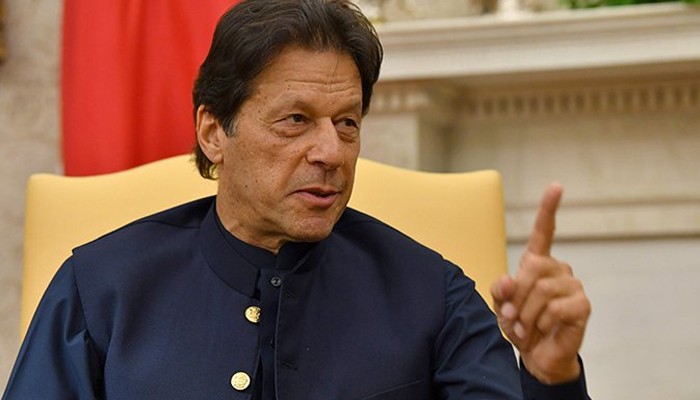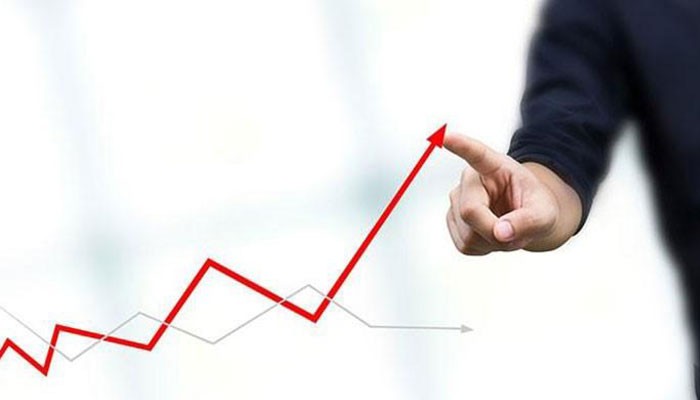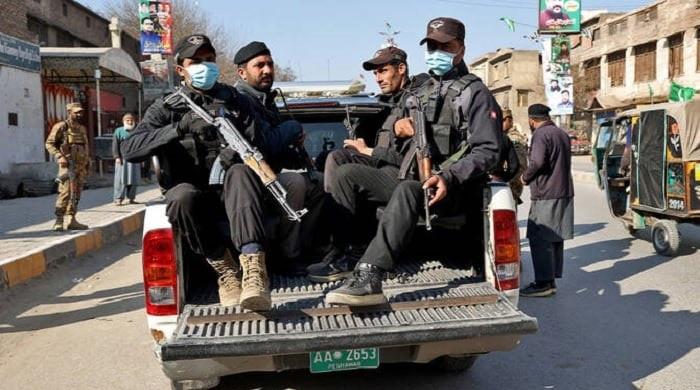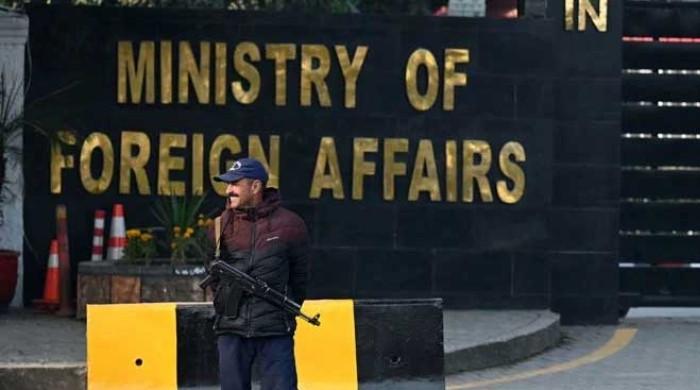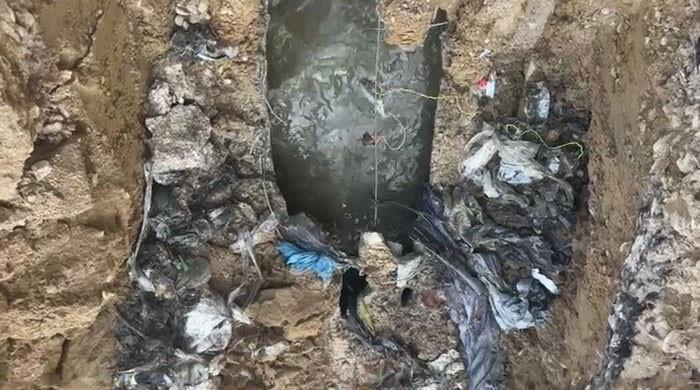Is Pakistan more corrupt than before?
Pakistan slipped from 99 to 101 on corruption index in World Economic Forum’s recent report
October 13, 2019
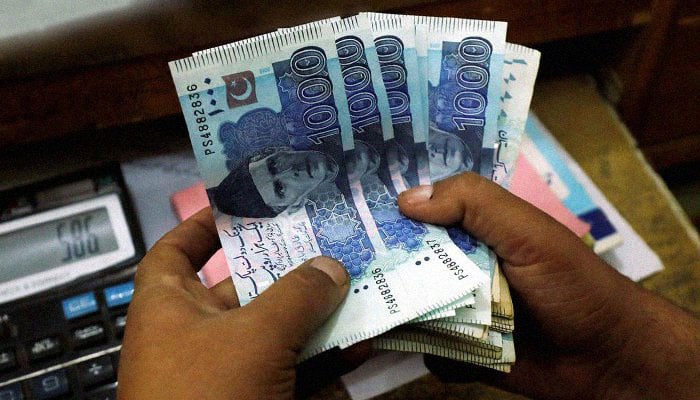
ISLAMABAD: Two of the eight international organisations, which contribute to the assessment of Transparency International’s annual global report on corruption, in their 2019 reports have already assessed Pakistan as more corrupt than before.
The reports have raised many eyebrows here amid the fears that it may lead to Pakistan losing its position in the next annual Transparency’s Corruption Perception Index (CPI) report — expected to be released from Berlin, Germany in February 2020.
According to a source associated with an organisation working to check corruption, Transparency International would consider the World Economic Forum’s (WEF) recent report on the rise in corruption in Pakistan while assessing the country's efforts to check corruption in its next CPI report.
Pakistan's ranking in the corruption index of the WEF's recent report slipped from 99 to 101. The ranking dropped as more corruption-related cases were registered. Before the WEF's assessment, the World Justice Project in its “Rule of Law Index 2019 Insights” assessed Pakistan to have lost one position in 2019 as opposed to 2018.
The Transparency International globally uses 13 different data sources to construct the Corruption Perceptions Index. However, in Pakistan's case, surveys from at least eight international organisations were considered.
These include Bertelsmann Stiftung Transformation Index, Economist Intelligence Unit Country Risk Service, Global Insight Country Risk Ratings, IMD World Competitiveness Center World Competitiveness Yearbook Executive Opinion Survey, World Bank Country Policy and Institutional Assessment, WEF Executive Opinion Survey, World Justice Project Rule of Law Index, and Varieties of Democracy.
The source said two of the eight organisations in their surveys have already reduced Pakistan's scores, which indicated that corruption in the country had increased.
Also read: Pakistan ranks 110 among 141 countries on Global Competitiveness Index
Further, according to the source, the chairperson of the National Accountability Bureau (NAB), Justice (retd) Javed Iqbal, said: “The figures of complaints, inquiries, and investigations are almost double as compared to the same period of 2018.
“This situation is alarming as all the funding agencies use CPI scores of a country as a vital element while evaluating and mitigation of risk assessment for approving loans, and impositions of stricter terms conditions, to safeguard the return of their loans,” the source added.
Even foreign banks, it said, used a country's CPI scores when considering loans on private-sector investments of the recipient nations.
In Transparency International's last report, Pakistan was assessed to have made a slight improvement in the CPI 2018 with a score of 33 out of 100 — just a point better than in 2017. The ranking in 2018 was 117 out of 180 countries as was in 2017.
Meanwhile, the government is of the view that corruption had its roots in the system for the past 70 years and that the menace could not be dealt with in 13 months. It said the ratings would not have a big impact on the country’s economy.
It further noted that the eradication of corruption was the main point of Pakistan Tehreek-e-Insaf's (PTI) manifesto and the government would purge the country of the menace. Prime Minister Imran Khan obtained the mandate on the slogan of anti-corruption and change, it added.
The premier has time and again resolved to end it, the government said, adding that he had also refused to give any NRO to his political opponents whom he termed corrupt.
Read more:
Originally published in The News
